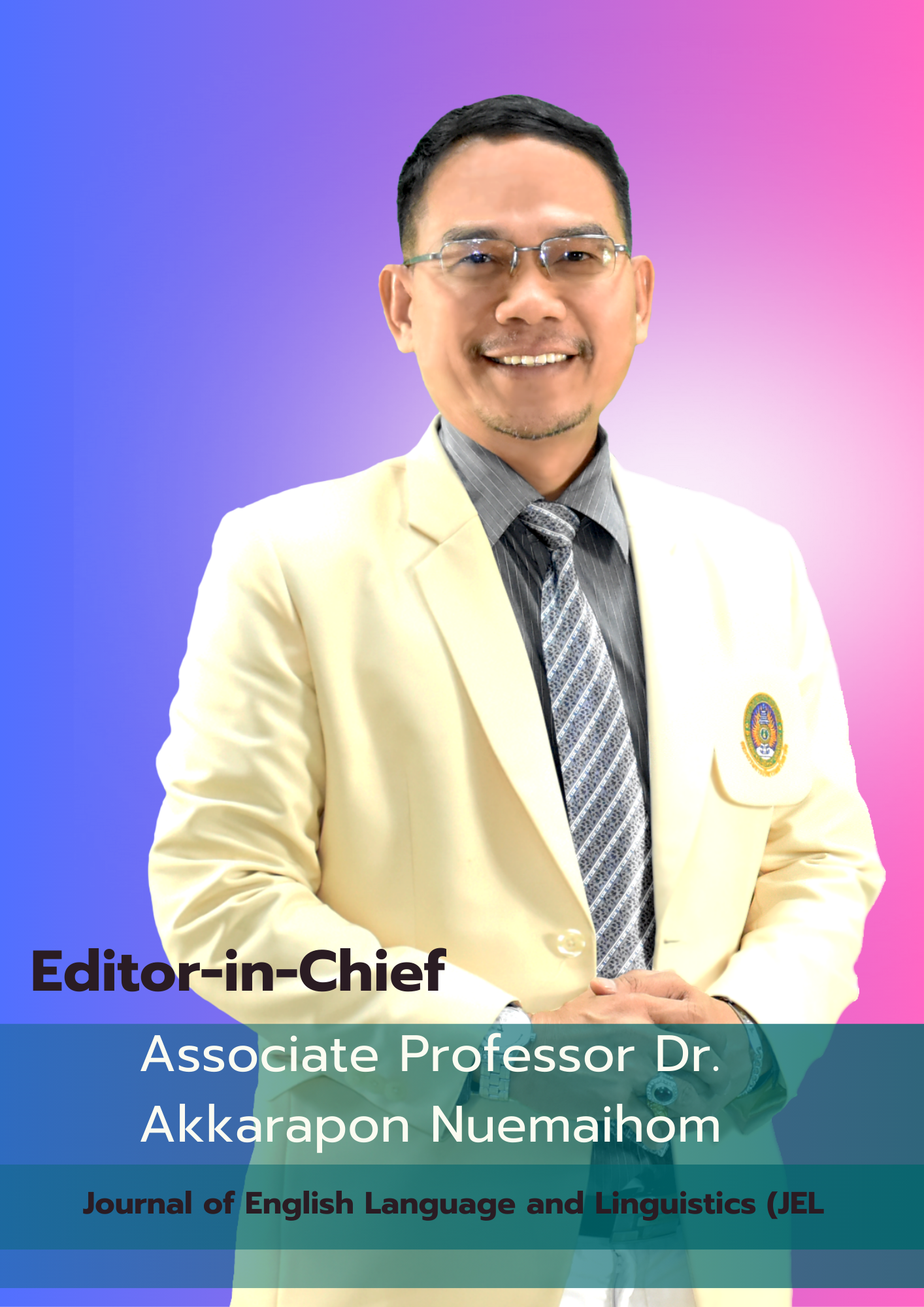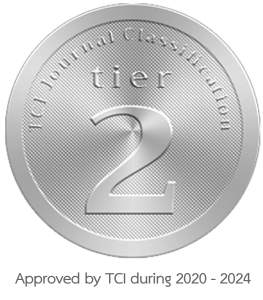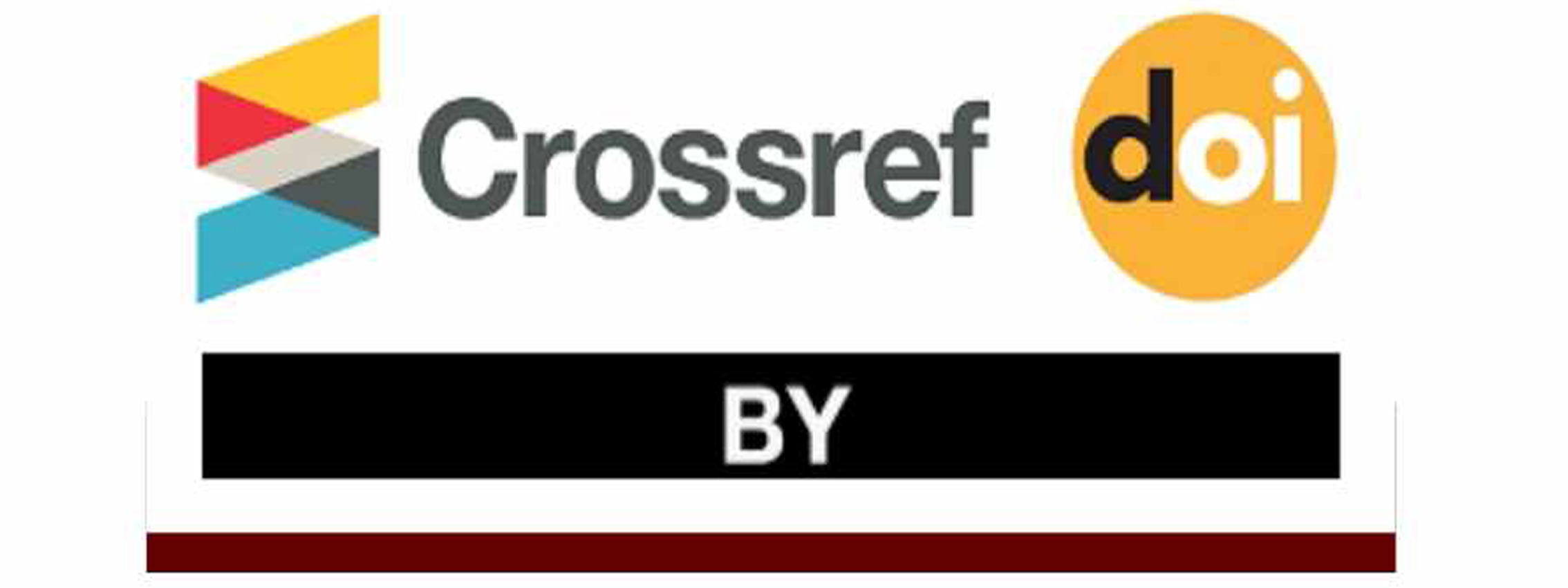Glocalized ELT: Integrating localized English lessons with game-based learning
DOI:
https://doi.org/10.62819/jel.2025.1170Keywords:
English language teaching, game-based learning, glocalization, localized English lessonsAbstract
Glocalization integrates global and local influences in English language teaching, ensuring that cultural traditions and identities are preserved while fostering meaningful learning experiences. The use of Game-Based Learning (GBL) could enhance the effectiveness of localized English lessons (LEL). This study demonstrates the integration of localized English lessons with game-based learning. It aims to 1) compare learning achievements of the participants before and after exposure to the activities featuring localized English lessons and a game-based approach, 2) examine the students’ satisfaction towards the intervention, and 3) investigate students’ and teachers’ opinions towards the integration of LEL and GBL. The population consisted of all 81 small-sized schools in Nakhon Nayok. The sample, Wat Kiriwan School, was derived through simple random sampling. This research included two groups of participants: 28 junior high school students and 2 teachers at this school. This study employed a quasi-experimental one-group pre-test and post-test design, along with a mixed-method approach. The research tools included lesson plans, pre/posttests, a questionnaire, and semi-structured interview questions. Quantitative data analysis included frequency, percentage, mean, and standard deviation for descriptive statistics and a paired t-test for inference. As for the qualitative data, the thematic analysis was employed. This study reveals that students demonstrated statistically significant improvements in vocabulary knowledge after their exposure to the activities. Moreover, their overall satisfaction towards the intervention was high. Furthermore, the students and the teachers expressed positive opinions towards the intervention, while they suggested extending sessions of the intervention.
References
Adipat, S., Laksana, K., Busayanon, K., Asawasowan, A., & Adipat, B. (2021). Engaging students in the learning process with game-based learning: The fundamental concepts. International Journal of Technology in Education (IJTE), 4(3), 542-552. https://doi.org/10.46328/ijte.169
Ahmadian, M., & Rad, S. E. (2014). Postmethod era and glocalized language curriculum development: A fresh burden on language teachers. Journal of Language Teaching and Research, 5(3), 592–598.
Anane, C. (2024). Impact of a game-based tool on student engagement in a foreign language course: A three-term analysis. Frontiers in Education, 9, Article 1430729. https://doi.org/10.3389/feduc.2024.1430729
Barbosa, M. W., & de Ávila Rodrigues, C. (2020). Project portfolio management teaching: contributions of a gamified approach. The International Journal of Management Education, 18(2), Article 100388. https://doi.org/10.1016/j.ijme.2020.100388
Block, D., & Cameron, D. (Eds.). (2002). Globalization and language teaching. Routledge.
Boctor, L. (2013). Active-learning strategies: Active-learning strategies: The use of a game to reinforce learning in nursing education: A case study. Nurse Education in Practice, 13(2), 96-100. https://doi.org/10.1016/j.nepr.2012.07.010
Boghian, I., Cojocariu, V. M., Popescu, V. V., & Mata, L. (2019). Game-based learning: Using board games in adult education. Journal of Educational Sciences & Psychology, 9(1), 100-108.
Brown, J.S., Collins, A., & Duguid, P. (1989). Situated cognition and the culture of learning. Educational Researcher, 18(1), 32-42.
Chen, C., Liu, J., & Shou, W. (2018). How competition in a game-based science learning environment influences students’ learning achievement, flow experience, and learning behavioral patterns. Journal of Educational Technology & Society, 21(2), 164-176. http://www.jstor.org/stable/26388392
Daly, N. (2009). Glocalizing “foreign” language teaching in Taiwan: Conditions and convergences. Zeitschrift Für Interkulturellen Fremdsprachenunterricht, 14(1), 7–21.
de Freitas, S. (2018). Are games effective learning tools? A review of educational games. Educational Technology & Society, 21(2), 74-84.
Dewey, J. (2009). John Dewey between pragmatism and constructivism. Fordham University Press.
Dichev, C., & Dicheva, D. (2017). Gamifying education: What is known, what is believed and what remains uncertain: A critical review? International Journal of Education Technology in Higher Education, 14(1), 9. https://doi.org/10.1186/s41239-017-0042-5
Dynamic language. (May 1, 2024). The Role of Localization in Education: Bridging Cultural and Linguistic Gaps | dynamic language. https://www.dynamiclanguage.com/the-role-of-localization-in-education-bridging-cultural-and-linguistic-gaps/
Hartt, M., Hosseini, H., & Mostafapour, M. (2020). Game on: Exploring the effectiveness of game-based learning. Planning Practice and Research, 35(5), 589–604. https://doi.org/10.1080/02697459.2020.1778859
Kanoksilapatham, B. (2015). Developing young learners’ local culture awareness and global English: Integrated instruction. International Journal of Information and Education Technology, 5(9), 676-682. DOI: 10.7763/IJIET.2015.V5.591
Kanoksilapatham, B., & Channuan, P. (2018). EFL learners’ and teachers’ positive attitudes towards local community-based instruction. Indonesian Journal of Applied Linguistics, 7(3), 504-514.
Kanoksilapatham, B., & Suranakkharin, T. (2018). Celebrating local, going global: Use of northern Thainess-based English lessons. The Journal of Asia TEFL, 15 (2), 292-309.
Kanoksilapatham, B., & Suranakkharin, T. (2021). Enhancing Thai elementary students’ English and maintaining Thainess using localized materials: Two putative confronting forces. Studies in English Language and Education, 8(3), 1006-1025.
Khondker, H. H. (2004). Glocalization as globalization: Evolution of a sociological concept. Bangladesh e-Journal of Sociology, 1(2), 1-9. http://muktomona.net/Articles/habibul_haque/Globalization.pdf
Kula, S. S. (2021). Mind games with the views of classroom teachers. International Journal of Research in Education and Science (IJRES), 7(3), 747-766. https://doi.org/10.46328/ijres.1471
Lomas, J. D., Koedinger, K., Patel, N., Shodhan, S., Poonwala, N., & Forlizzi, J. L. (2017). Is difficulty overrated? The effects of choice, novelty, and suspense on intrinsic motivation in educational games. In Proceedings of the 2017 CHI Conference on Human Factors in Computing Systems (pp. 1029–1033). https://doi.org/10.1145/3025453.3025637
Mellis, S., Carvalho, L., & Thompson, K. (2013). Applying 21st century constructivist learning theory to stage 4 design projects. In Proceedings of the 6th International Conference on Education, Research and Innovation (ICERI 2013) (pp. 4823–4832). IATED.
Ministry of Education (MoE). (2008). The basic education core curriculum B.E. 2551 (A.D. 2008). www.academic.obec.go.th
Nakhon Nayok Primary Education Service Area Office. (n.d.). Bigdata. https://bigdata.nayok.go.th/index/tableSchoolmis.php?op=2.1&look=small&year=2566-1
Nomnian, S. (2013). Thai cultural aspects in English language textbooks in a Thai secondary school. Veridian E-Journal, 6(7), 13-30.
Patel, F., & Lynch, H. (2013). Glocalization as an alternative to internationalization in higher education: Embedding positive glocal learning perspectives. International Journal of Teaching and Learning in Higher Education, 25(2), 223–230. https://files.eric.ed.gov/fulltext/EJ1016539.pdf
Pennington, M. (2009). Characteristics of pre-teen learners. https://blog.penningtonpublishing.com/characteristics-of-pre-teen-learners/
Pennycook, A. (1994). The cultural politics of English as an international language. Longman.
Rafael, S.D., & Tamban, V.E. (2022). Effectiveness of localized English reading materials in enhancing the reading skills of the grade two pupils. Journal of English as A Foreign Language Teaching and Research, 2 (2), 67-77. https://doi.org/10.31098/JEFLTR.V2I2.1126
Ratri, D.P., Widiati, U., Astutik, I., & Jonathans, P.M. (2024). A systematic review on the integration of local culture into English language teaching in Southeast Asia: current practices and impacts on learners’ attitude and engagement. Pegem Journal of Education and Instruction, 14(2), 37-44.
Robertson, R. (1995). Glocalization: Time-space and homogeneity-heterogeneity. In M. Featherstone, S. Lash, & R. Robertson (Eds.), Global modernities (pp. 25-44.) London: Sage.
Roudometof, V. (2016). Theorizing glocalization: Three interpretations. European Journal of Social Theory, 19(3), 391–408.
Royani, M. (2013). The use of local culture texts for enthusiastic English reading teaching. The International Journal of Social Sciences, 7(1), 130-135.
Šćepanović, S., Žarić, N., & Matijević, T. (2015). Gamification in higher education learning: State of the art, challenges, and opportunities. In Proceedings of the Sixth International Conference on E-learning (eLearning-2015) Belgrade, Serbia.
Shaffer, D. W., Halverson, R., Squire, K. R., & Gee, J. P. (2005). Video games and the future of learning. (WCER Working Paper no. 2005-4). Phi Delta Kappan. University of Wisconsin, Wisconsin Center for Education Research, 87(2), 105–111. https://doi.org/10.1177/003172170508700205
Sheridan, R., Tanaka, K. M., & Hogg, N. (2019). Foreign language, local culture: How familiar contexts impact learning and engagement. The Electronic Journal for English as a Second Language, 23(1), 1–27.
Spratt, M., Pulverness, A., & Williams, M. (2007). The teaching knowledge test (TKT) course. Cambridge University Press.
Syafii, M. L., Kusnawan, W., & Syukroni, A. (2020). Enhancing listening skills using games. International Journal on Studies in Education, 2(2), 78–107. https://doi.org/10.46328/ijonse.21
Tavares, N. (2022). The use and impact of game-based learning on the learning experience and knowledge retention of nursing undergraduate students: A systematic literature review. Nurse Education Today, 117, Article 105484. https://doi.org/10.1016/j.nedt.2022.105484
Vygotsky, L. S. (1978). Mind in Society: The development of higher psychological processes. Harvard University Press.
Vygotsky, L. S. (1997). The history of the development of higher mental functions. In R. W. Rieber (Ed.), The collected works of L. S. Vygotsky, 4 (pp. 1–251). Plenum Press.
Weber, E. (2007). Globalization, “glocal” development, and teachers’ work: A research agenda. Review of Educational Research, 77(3), 279–309. https://doi.org/10.3102/003465430303946
Yazan, B. (2017). Contexts of English language teaching as glocal spaces. In A. F. Selvi & N. Rudolph (Eds.), Intercultural communication and language education (pp. 219–233). Springer Nature.


















